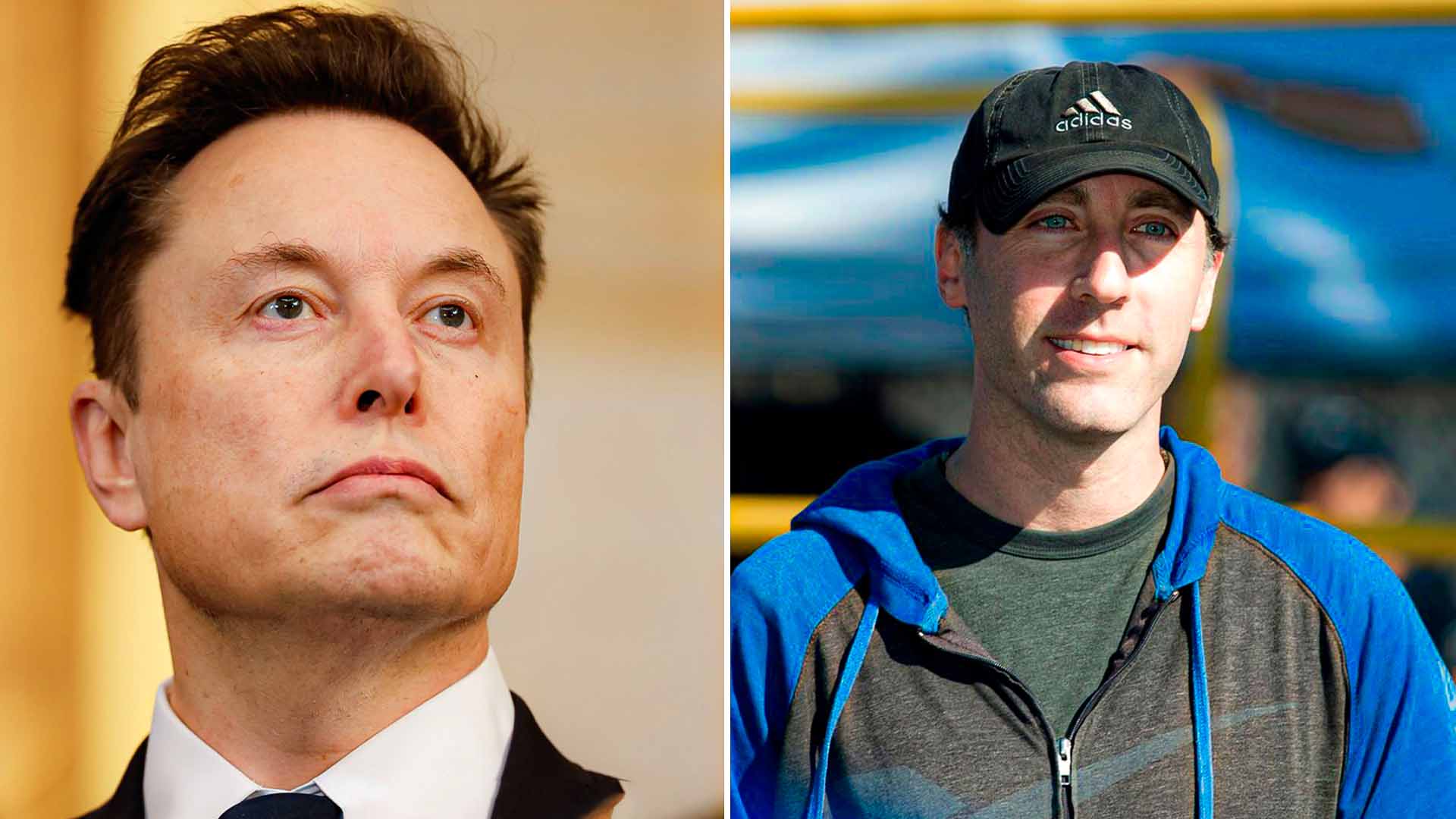Steve Davis, a seasoned associate of Elon Musk, has been instrumental in implementing cost-cutting strategies across Musk’s ventures, including SpaceX, the Boring Company, and Twitter (now X).
His reputation for frugality and efficiency has positioned him as a key figure in Musk’s latest initiative: the Department of Government Efficiency (DOGE).
Davis’s association with Musk began in 2003 when he joined SpaceX, contributing to the company’s early engineering challenges. His ability to find cost-effective solutions was evident when he identified a $3,900 alternative to a $120,000 part, exemplifying his knack for significant savings.
In 2016, Davis became president of the Boring Company, Musk’s tunneling startup. There, he continued his cost-saving measures, negotiating hard with suppliers and approving expenses as low as a few hundred dollars, despite the company having raised approximately $800 million in capital.
During Musk’s acquisition of Twitter in 2022, Davis played a pivotal role in reducing operational costs and staff, even staying overnight at the company’s headquarters to oversee the transition.
In December 2024, Davis was appointed to assist in staffing the Department of Government Efficiency (DOGE), an initiative led by Musk to reduce federal spending by $2 trillion. His extensive experience in cost management makes him a natural fit for this role.
DOGE aims to streamline government operations, eliminate waste, and foster innovation through deregulation. Davis’s involvement is expected to bring a disciplined, cost-conscious approach to federal budgeting and operations.
While Davis’s cost-cutting measures have been effective in private enterprises, applying similar strategies to government operations presents unique challenges.
Government agencies often face complex regulatory environments and public scrutiny, which can complicate the implementation of aggressive cost-saving measures.
Additionally, Davis’s direct involvement in Musk’s business ventures has raised concerns about potential conflicts of interest, especially regarding regulatory bodies that oversee Musk’s companies.
Critics speculate that DOGE could be used to influence policies favorable to Musk’s business interests.
As Davis takes on this new role, his ability to adapt his private-sector cost-cutting strategies to the public sector will be closely watched. Success could lead to significant reductions in government spending and operational efficiencies.
However, the effectiveness of these measures will depend on navigating the complexities of government operations and addressing potential conflicts of interest.
In summary, Steve Davis’s transition from Musk’s private enterprises to a governmental role underscores his reputation as a formidable cost-cutter. His upcoming endeavors with DOGE will be pivotal in determining the future of government efficiency initiatives.
